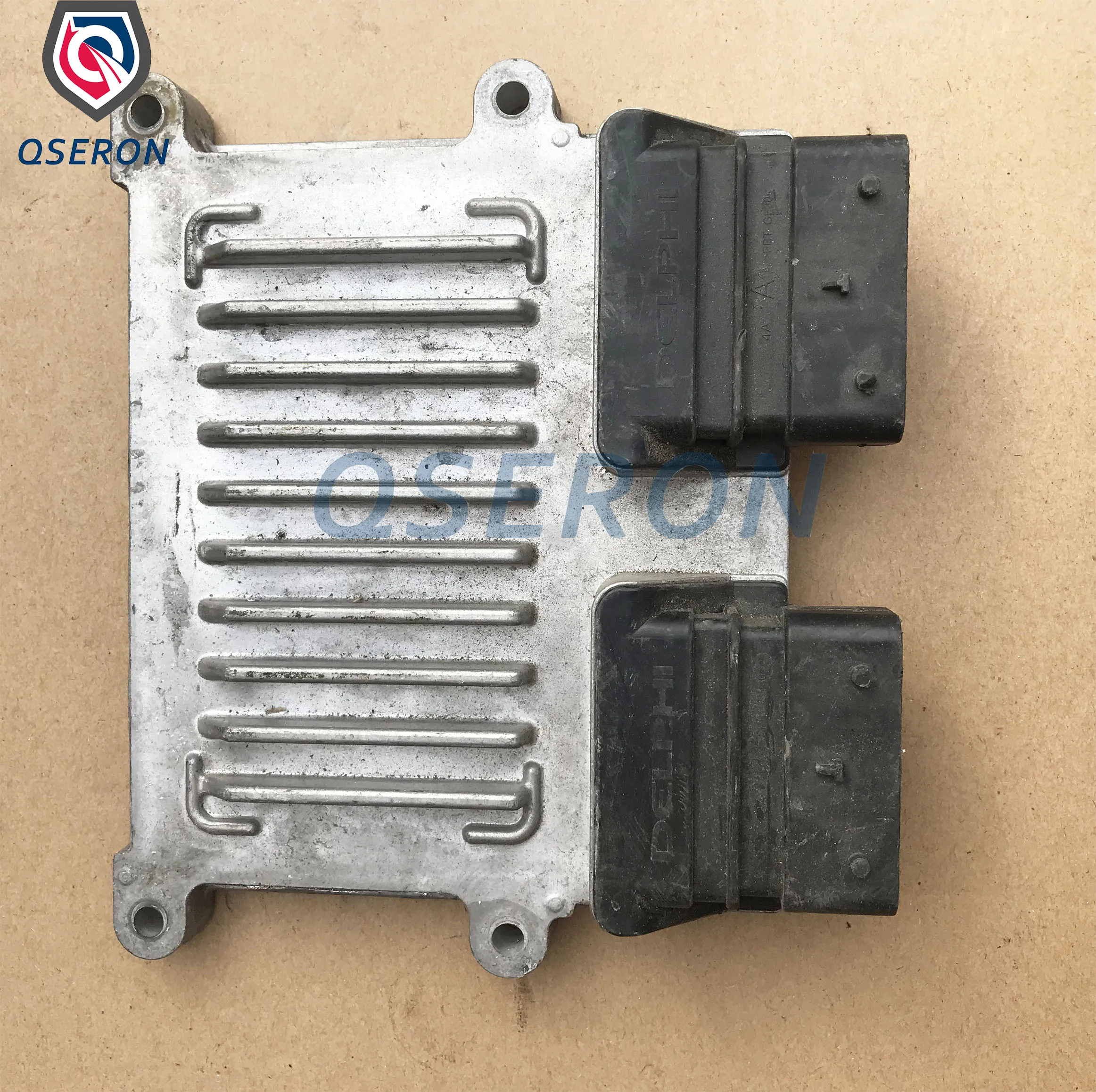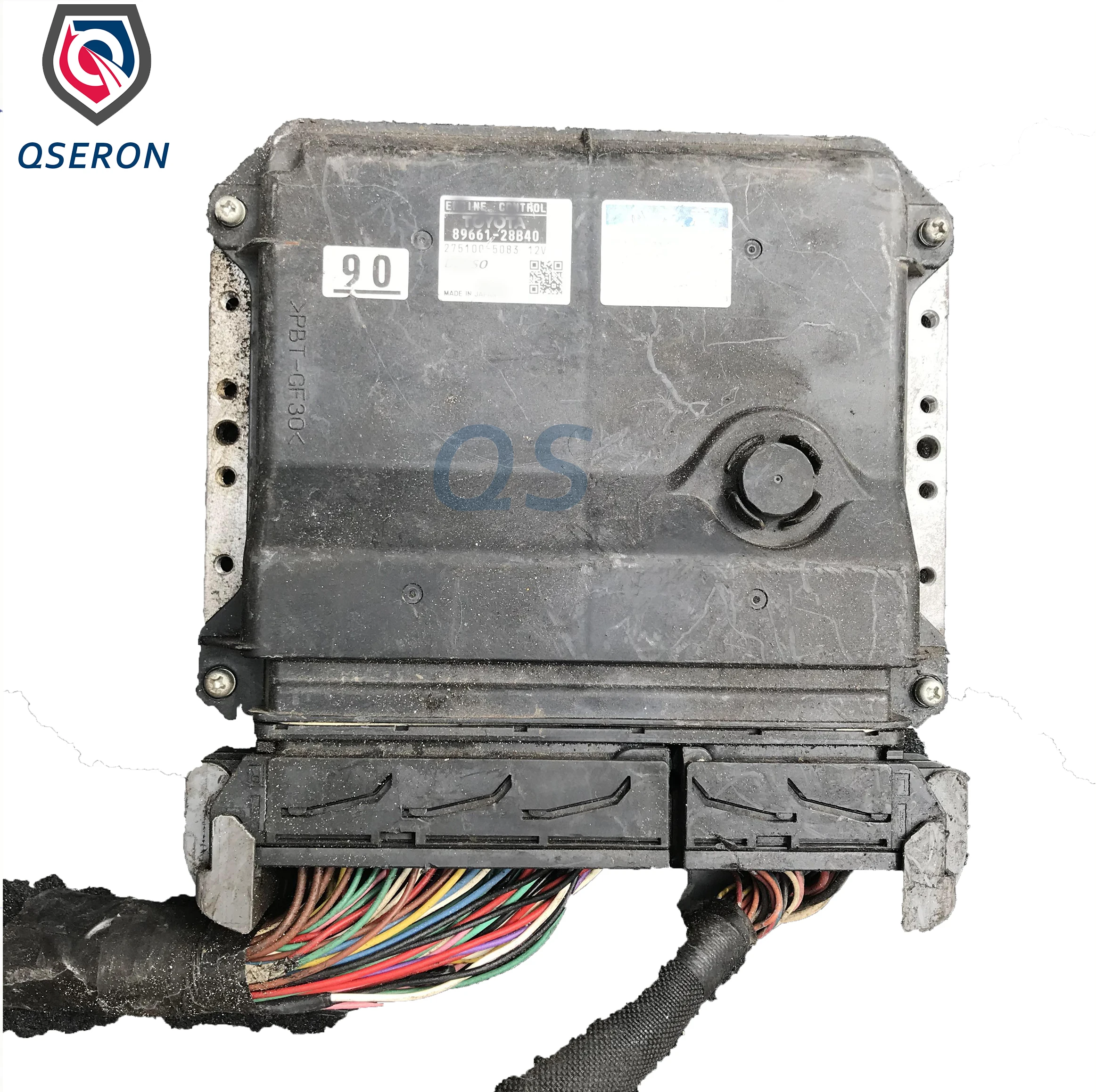
The engine control module basically controls the intersection of the engine's necessary ingredients to make energy - fuel, air and spark. So if you or your mechanic is going crazy trying to figure out why your car won't run, it might be because your car's ECM is just tired from doing it all, and needs some attention. Sometimes, the engine control module is at fault for issues that would often be assumed to be "mechanical," like engine noise or problems with the engine running smoothly. And from there it can get confusing, because there's a whole rat's nest of electrical terminology to trace and pick through. If you type "electronic control module," or its better-known acronym, ECM, into the search field, you'll be gently guided over to the ECU (engine control unit) page. And if that's not enough to enlighten you, well, at least you weren't the first to ask those questions. "Engine control" is a no-brainer "module" implies it's electrical in nature. Sometimes, the names of automotive components are so bizarre that we forget that some terms are completely intuitive and logical. The engine control module might betray a few hints, even in name alone.

Sometimes, the symptoms of electrical problems don't even seem electrical in nature.

They're difficult to trace, often come and go as they please (enabling the mechanic's favorite cop-out response, "Could not replicate problem") and the symptoms often appear far from the source. Of all the things that can go wrong with a car, electrical system flaws are some of the most maddening.


 0 kommentar(er)
0 kommentar(er)
